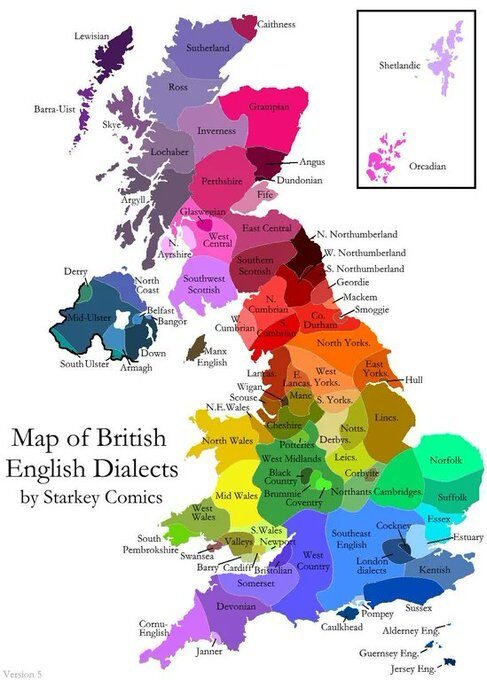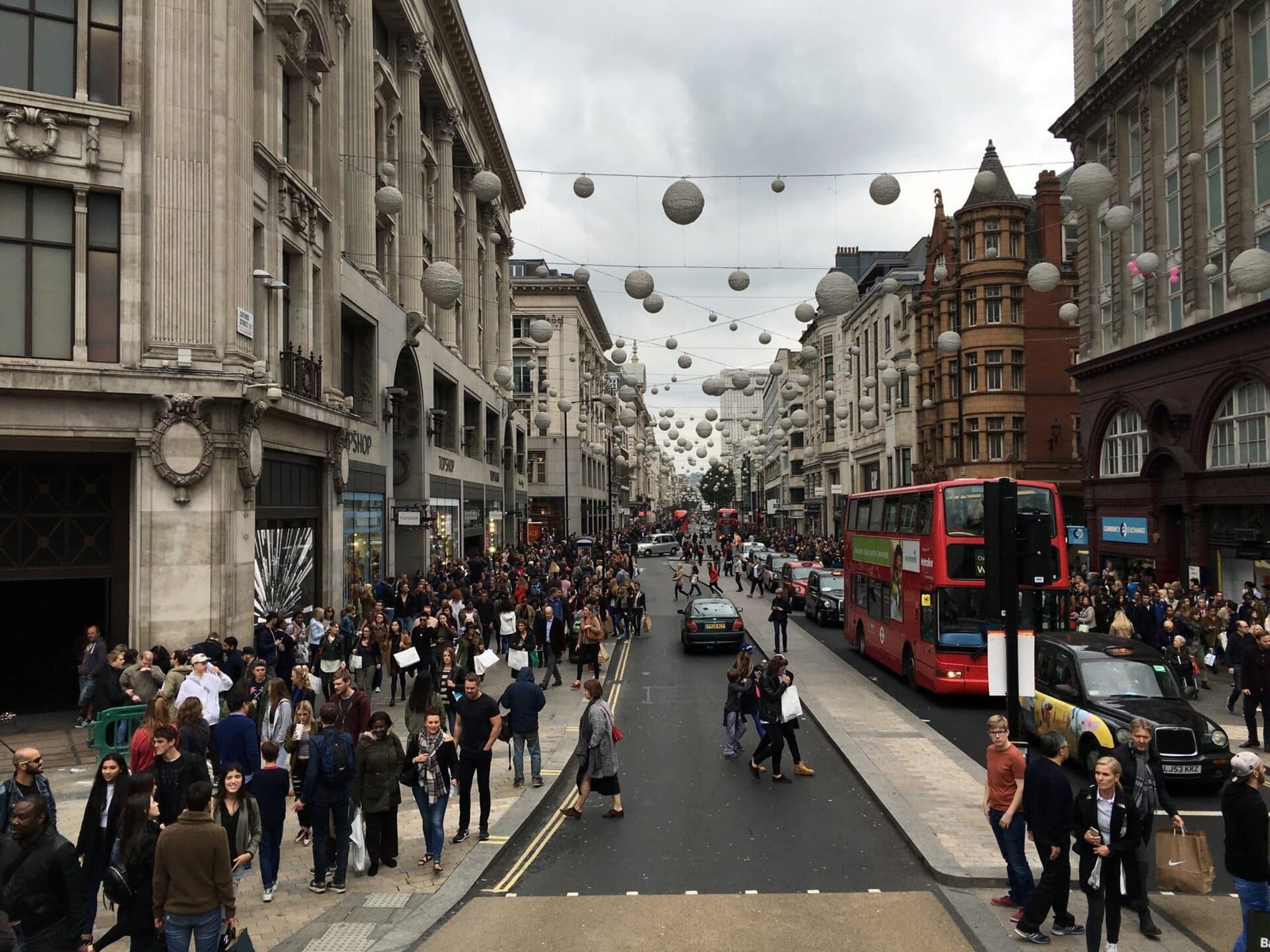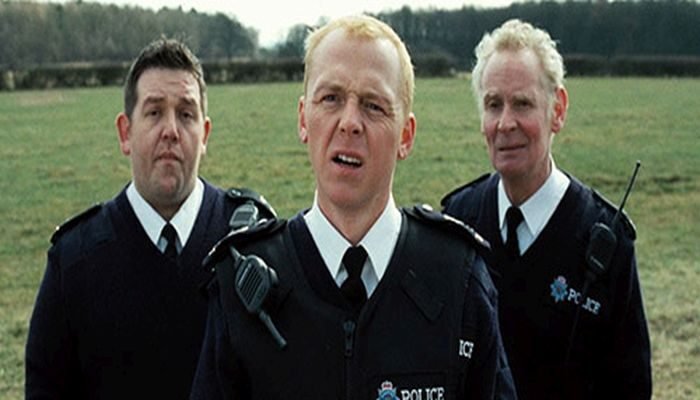Same language, different world
Ever had that awkward moment when you say something perfectly normal only to be met with puzzled stares?
You might be in Manchester asking for a bread roll and hear “Do you mean a barm cake?” Or in Glasgow where a stranger greets you with “Awright, pal?” when you have never met.
Welcome to British English, a glorious patchwork of accents, slang, and eccentric turns of phrase. While Americans might struggle with the difference between pants and trousers, even we Brits cannot always understand each other from one postcode to the next.
A nation divided by a common language
The thing about British English is that it is not just one language. It is hundreds of little versions stitched together. History, migration, class divides, and local pride have all shaped the way we speak. The result is that if you ask for a simple cup of tea you may get a different answer depending on whether you are in Yorkshire, Cornwall, or Belfast.
This is the kind of detail our professional translation services consider when adapting content for audiences.

British vocabulary that trips you up
Let us be honest, half the fun of travelling around Britain is discovering what everyday things are called elsewhere.
- Chips vs Crisps: In Britain, chips are thick sticks of potato served hot, often wrapped in paper with salt and vinegar. Crisps, on the other hand, are thin slices of potato that come in a packet and crunch when you bite them. The confusion starts when you realise different regions have their own terms too. In some parts of the North, a “chip butty” is a national treasure, while in other areas the idea of putting chips in bread raises eyebrows.
- Pants vs Trousers: For Brits, pants are underwear. In the North, pants can also be slang for something rubbish, as in “That film was pants!” To avoid embarrassment, trousers is the safe bet.
- Jumper: What most of us wear in colder months. Travel around and you will hear alternatives like pullover or simply woolly.
- Tea: This one is tricky. For some, tea means the hot drink. For many in the North and Midlands, tea is also the evening meal. So when someone says, “What are you having for tea?” they may not mean a biscuit to go with your cuppa.
- Rolls, Baps, Cobs, Barm Cakes, Muffins: The humble bread roll has perhaps the most variety of names. Walk across Britain and you might think people are inventing words just to confuse you.
- Wellies: Wellington boots for country walks and muddy festivals. You may hear “gummies” in Scotland.
Regional dialects and local flavour
- London Today: The capital is a melting pot of voices. You will hear “innit” tagged onto sentences, “bruv” used between friends, or “mandem” to describe a group of mates. This contemporary London English, shaped by multicultural influences, has spread far beyond the city.
- Geordie, Newcastle: A cheerful “Howay man” is both an invitation and encouragement. “Canny” means good, and if someone calls you “pet“, they are being affectionate.
- Scouse, Liverpool: The accent is musical and full of colour. Locals might say they are “made up” when delighted or that something is “boss” when it is fantastic. A visitor can easily feel both welcomed and bewildered at the same time.
- Scottish English: Words like “bonnie” (beautiful), “aye!” (yes), and “dreich” (dreary weather) are everyday staples. Glasgow banter can be fast and sharp, while Edinburgh often has a softer tone.
The role of class and culture in British expressions
It is not just geography. Class has always played a role in how Brits speak. The pronunciation of “bath” is a classic example.
In much of the North its pronunciation is short, while in the South it stretches to “baath“. Word choice tells a story too. Some prefer “loo“, others say “toilet“, and a few opt for “lavatory“.
Humour adds another layer. Dry sarcasm, understatement, and ironic self-deprecation can leave outsiders puzzled.
Saying “not bad” often means really quite good. Calling something “interesting” might be polite code for terrible. Tone carries as much meaning as the words themselves.
Modern influences: from TikTok to multicultural London English
Languages do not sit still, and British English is evolving faster than ever.
- Youth slang: Every generation has its buzzwords. Today teenagers use “leng” for attractive, “calm” for cool or fine, and “mate” for just about anyone. You will also hear “what you saying?” as a friendly way to ask “how are you?”, and “I can’t lie” as a synonym for “frankly”. These terms rise and fall so quickly that many parents find themselves completely lost when overhearing their children. A phrase that is cool one year can be outdated the next.
- Multicultural London English: Born in the melting pot of London, MLE blends Caribbean, South Asian, and African influences. Words like “bruv“, “mandem“, “tings“, and “allow it” have spread far beyond the capital through music, television, and social media. What started in one corner of the city is now shaping youth speech from Bristol to Birmingham up until Manchester.
This modern slang shows how the diversity of the country feeds the language. It is fast and fluid, often baffling to anyone over thirty, yet it reflects a living culture.

Why the quirks matter
The eccentric differences in British English are not just amusing quirks. They are part of our cultural DNA. They reflect where we come from, who we are, and how we see the world.
They also make our islands endlessly interesting. A short train ride can take you from one version of English to another, where words shift, meanings change, and accents play tricks on your ear. It is both a challenge and a delight, a reminder that language is never fixed.
Being aware of cultural differences is valuable in many contexts, especially in the translation industry, where cultural understanding plays a key role in successful communication.
Most of all, these quirks bring people together. They spark laughter when we realise we are saying the same thing differently. They build pride in local culture. They even act as icebreakers in pubs, on trains, or in offices, where someone inevitably asks, “So what do you call it where you are from?”

Conclusion: celebrate the chaos
The next time you are lost in translation in your own country, embrace the eccentricities. Whether you are gutted, buzzing, knackered, or over the moon, you are part of a living language that refuses to sit still.
At BeTranslated we live for this kind of linguistic chaos. Our translation services in England and all over the country are built on understanding these quirks and handling them with care, keeping the world talking.






